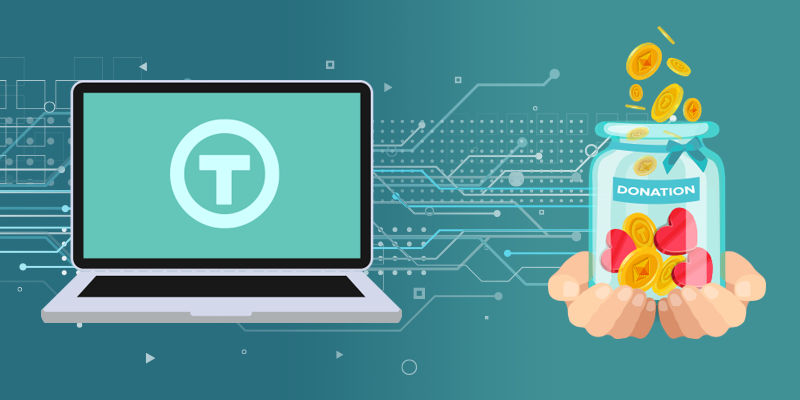on the crypto

More support for non-profit organizations
The Red Cross, UNICEF and Greenpeace, among others, encourage donors to donate using cryptocurrencies and frequently advertise associated tax benefits. The sale of bitcoin and the subsequent donation made with the after-tax fiat proceeds usually generate a capital gains tax.
By sending cryptocurrencies directly to charities this is avoided, plus the entities receive the full value of the contributions. The nonprofit WikiLeaks probably wouldn't exist today without cryptocurrency.
In 2010 Visa, Mastercard, PayPal, Bank of America, and others blocked WikiLeaks from receiving money transfers. This was in response to the organization's publication of US State Department cables showing US war crimes in Iraq and Afghanistan.
In addition to disarming companies, cryptocurrency is also challenging government control over good causes. The Tor, Sea Shepherd and Greenpeace projects often find themselves with frozen bank accounts. The threat of punitive action can change the focus of these organizations which are often forced to rethink humanitarian or conservation goals and instead act in the interest of local legislators, however corrupt they are. This doesn't happen when encryption comes into play.
Greater transparency
Another factor is that by using blockchain technology, cryptocurrencies promise to give donors greater transparency and security in raising funds and providing aid, with the consequence that people may return to trust charities more.
AidChain, for example, perhaps the most prominent example of blockchain-based philanthropy, has developed the aidcoin token, which aims to become the most popular method for charity globally. Using an Ethereum smart contract (here quotation in real time), donors can monitor and manage how funds are spent.
AidChain incentivizes charities to pay their service providers in aidcoin in order to improve transparency in the tracking process. So far the WWF-Italy and several minor charities have signed up.
New restrictions
But such interventions also ensure that donations, while affordable and tax-efficient for the donor, become highly conditional and inflexible for nonprofits. Humanity Token adds an extra layer of surveillance.
The platform allows donors to limit those who need it from buying anything the donor doesn't want them to have. Eligible goods and services include, for example, food, shelter, healthcare and professional courses.
Cigarettes and alcohol will be banned for those who have made the poor lifestyle choices that caused their "difficult living conditions". The cryptocurrency and blockchain sector is growing. Larger charities will undoubtedly benefit more from blockchain technology than smaller, more risk-averse, volunteer-led charities. But the requirements for staying afloat will certainly be very restrictive.
